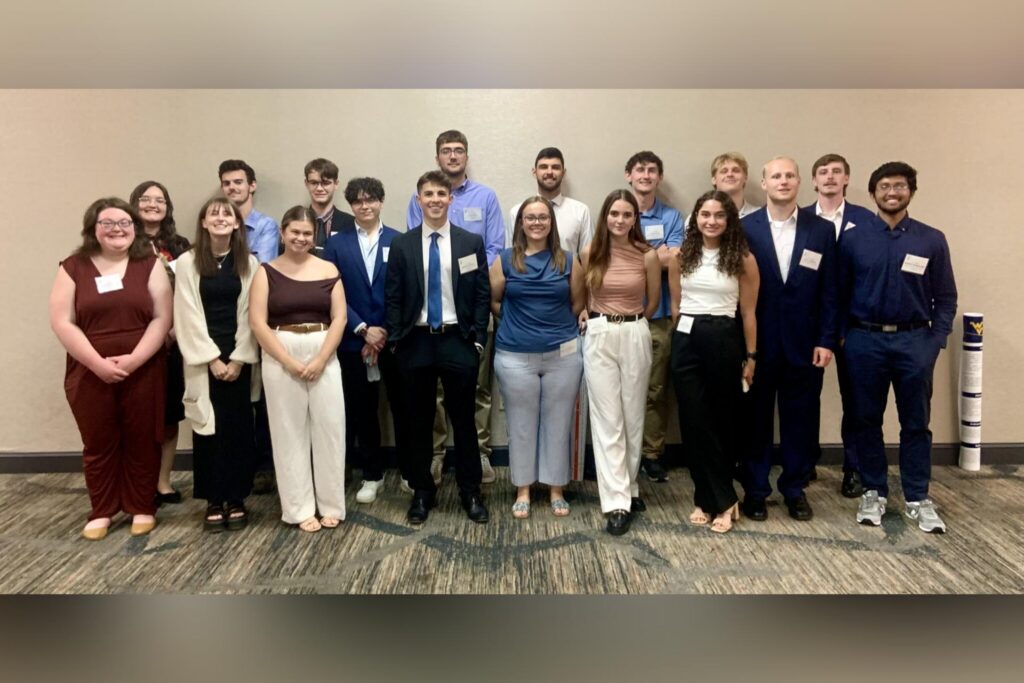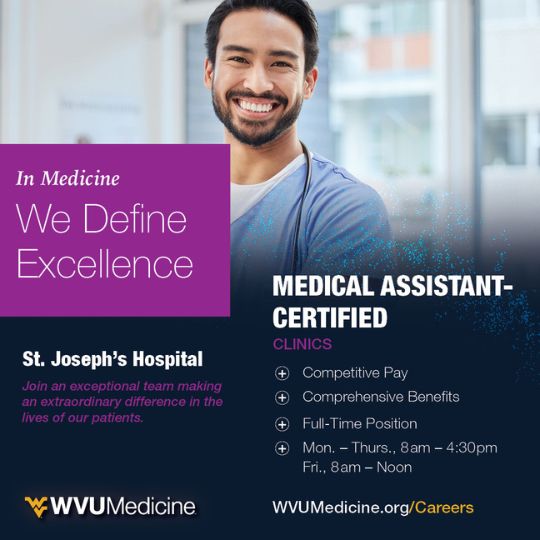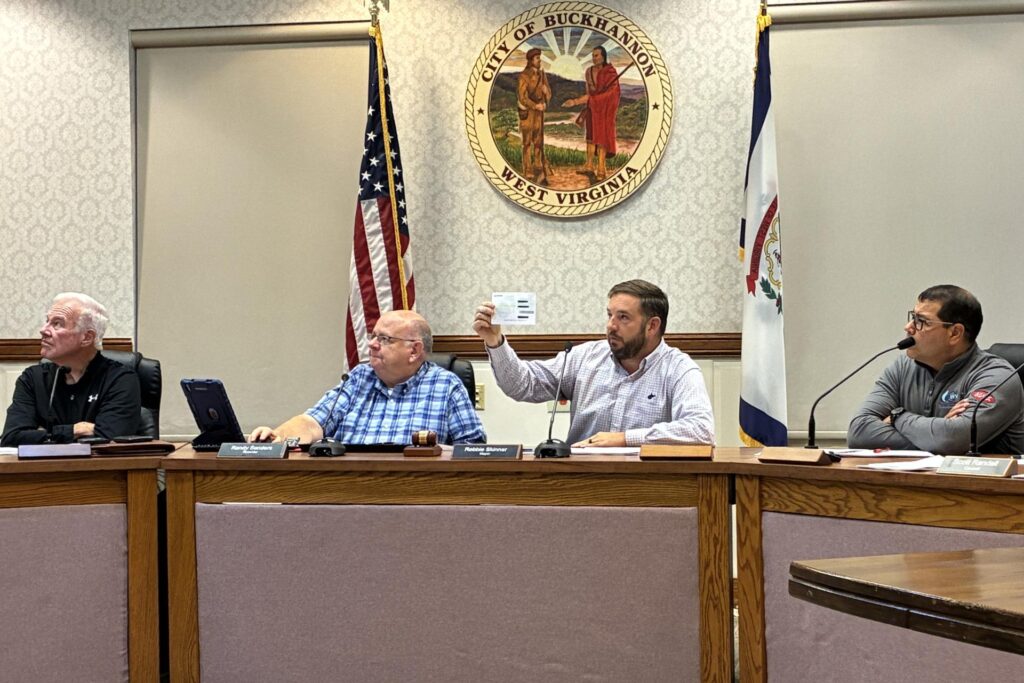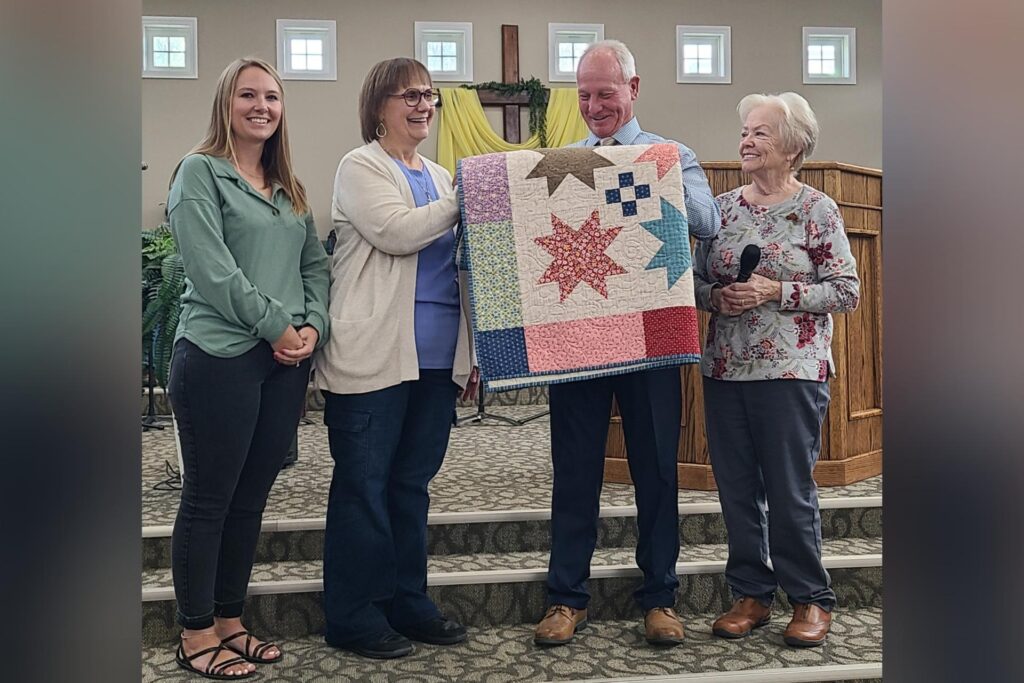Twenty-one West Virginia Wesleyan College students gained valuable experience this summer through a variety of research internships that culminated with presenting their research at the INBRE symposium held at Marshall University.
Curtis Litton ’26 of Duck, West Virginia, gained experience at West Virginia University’s Health Sciences Center under the INBRE program, investigating the impact of Type 2 diabetes on heart function. The research focused primarily on the effects of diabetes on mitochondria, organelles that play a critical role in producing the energy needed for the heart to pump properly.
“We came away with some intriguing results which I was then able to present at INBRE’s summer research symposium at Marshall University,” Litton said. “The internship was a great way for me to not only gain more experience in the field of biomedical research but also to learn more about myself. I feel as though it gave me great insight as to how a career in scientific research would work for me and helped solidify my intent to pursue that career path.”
Annalise Gentilozzi ’26 of Clarksburg, West Virginia, worked on a retinal gene therapy project focused on PROM1-associated cone-rod dystrophy. “I was responsible for preparing and analyzing an animal model that received AAV-PROM1 subretinal injections,” she said. “My work included cryostat slicing of retinal tissue, immunohistochemistry and expansion microscopy to visualize structural details of the outer nuclear layer.”
“This experience shaped both my technical and professional skills,” Gentilozzi said. “I developed precision and dexterity in lab procedures. When looking towards a career in dentistry, these skills directly translate to the fine motor skills required in dentistry. Being a part of the research team showed me how science can directly impact patient care, which ultimately shows the reason why people go into health care.”
Mariam Al-Zoubi ’27 of Scott Depot, West Virginia, spent her summer at Marshall University studying pro-inflammatory cytokines related to the pathogenesis of inflammatory bowel disease.
“Using methods of tissue culture, protein extraction and Western blot, I studied the expression of certain pro-inflammatory proteins in intestinal mucosa,” she said. “This experience was very beneficial for me because not only did I become equipped with knowledge about the importance of literature and differing research methods in the lab, I was also able to work in a professional setting that allowed me to expand on my ideas for my future.”














